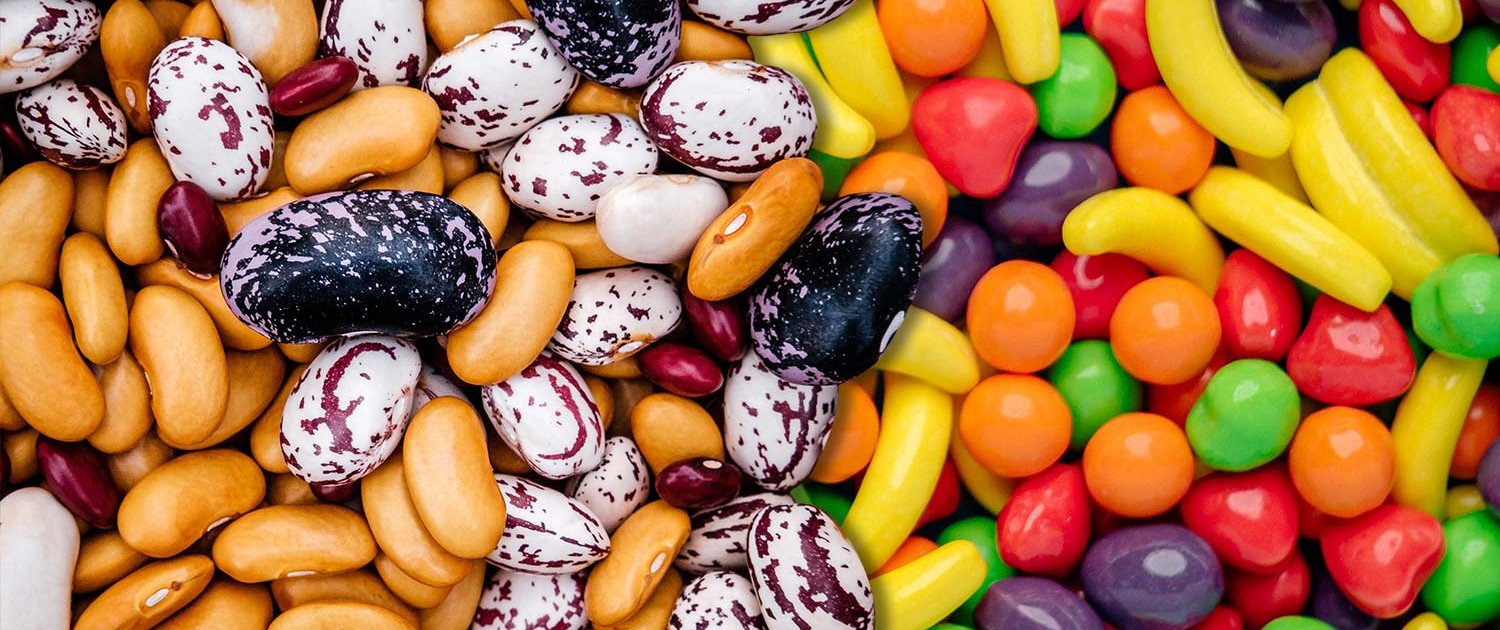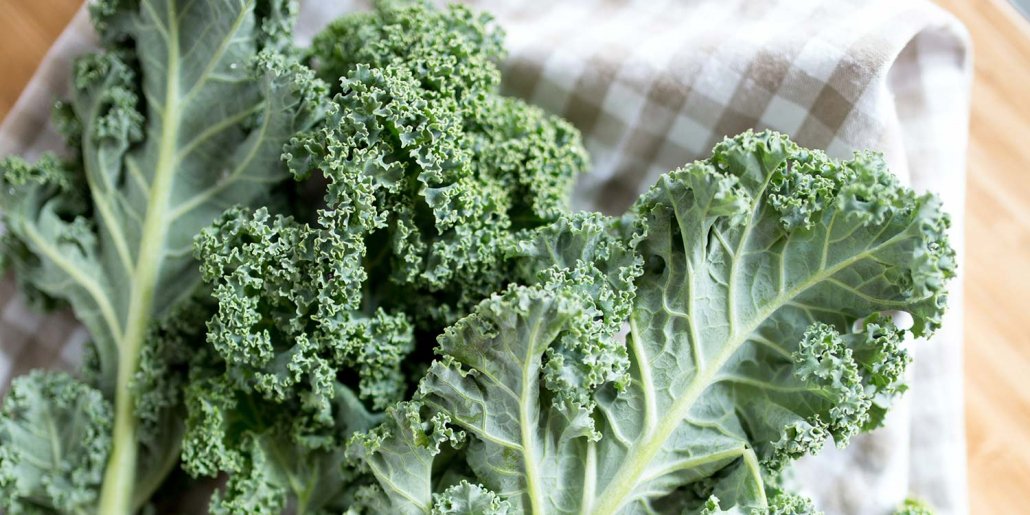By now everyone knows that highly processed foods and foods laden with sugar are not good for our health. Americans consumed only 45 grams of sugar a day in 1822, and today we are consuming over 150 grams a day.
But we need healthy sugar because it is used in the brain, kidneys, muscles and heart. First let me explain that sugar is a carbohydrate in its simplest form. We want and need complex carbohydrates because once they are broken down in our digestive tract, we absorb them and use it as our main source of fuel. Eating the right carbs from whole fruit and vegetables is the best choice, and I give you some options for good sugars and carbohydrates in the recipe I’ve included this week. The problem is when we are stressed, bored or simply out of habit, we tend to reach for the highly processed sugars that are in junk foods, candy, cookies, doughnuts, etc. These foods are quickly broken down and we get that sugar rush.
Empty calories, real weight gain
There are a couple of problems here. First and foremost, these foods have absolutely no nutritional value, so they are empty calories. And secondly, they have no fiber, so they are quickly absorbed. We crash, and maybe even reach for more to keep the sugar high going. The excess calories then stored as fat, hence our obesity epidemic. Excess sugar speeds up the aging process, damages our teeth and gums, and puts pressure on the liver the same way alcohol does. Eating too much sugar increases the risk of type 2 diabetes, heart disease, high blood pressure, high cholesterol, inflammation and even some cancers.
Natural or good sugar is found in fruit, vegetables, legumes and whole grains. These sources come with fiber, so it slows down the absorption in our bloodstream as well as they contain vitamins, minerals, amino acids, and antioxidants.
Hidden added sugars
Sometimes it is hard to spot added sugar because of the different names. Here are a few to watch for: brown sugar, corn sweetener, corn syrup, rice syrup, dextrose, maltose, barley malt, fructose sweetener, fruit juice concentrates, glucose, high-fructose corn syrup, honey, invert sugar, lactose, maltose, malt syrup, maple syrup, molasses, pancake syrup, raw sugar, sucrose, trehalose, and turbinado sugar.
Sugar is also added to a lot of foods such as baby food, dried fruit, cereal, granola, instant oatmeal, salad dressings, ketchup, barbecue sauces, pasta sauces, flavored yogurt, and protein bars.
So instead, how do we get those good sugars in vitamin and fiber-rich foods?
When choosing which source, here are a couple of tips:
- When choosing fruit, go for fresh, whole fruit, not canned or dried, or fruit juice.
- Milk has lactose, which is a simple sugar, but it also has calcium, protein and lots of vitamins and minerals.
- Vegetables, such as carrots, beets and sweet potatoes contain natural sugar, but their nutritional value is amped up with vitamins and minerals, plus fiber.
How much of a good thing is still a good thing?
It really depends on your energy needs. If you are a marathon runner, you will need more than a sedentary office worker. It is a delicate balance, because unused sugar is stored as fat. The American Heart Association recommends women should consume only 6 teaspoons of added sugar or 100 calories a day and men should limit it to 9 teaspoons or 150 calories a day.
According to Christa Miller from Livestrong, we need approximately 40 to 60 percent of our calories should come from carbs and ideally from complex carbohydrates and natural sugars. That is about 2-3 cups of vegetables, 1.5 to 2 cups of fruit, 3 cups of dairy and 5 to 8 ounces of grains per day.
When we limit our intake of processed grains such as white rice, and white bread, it is easier to maintain a healthy weight. We need to focus on consuming whole grains, such as oatmeal, quinoa, couscous, and brown rice.
If you are having trouble with your food choices, click on the link below to schedule a chat with me. Together, we can figure out the right next step!
Ready for a rockstar body?
Click below to set up a free chat with your resource for innovative, sustainable health guidance from me, fitness expert Michele Vaughan!




